British supercar maker McLaren is now owned by the Abu Dhabi sovereign wealth fund.
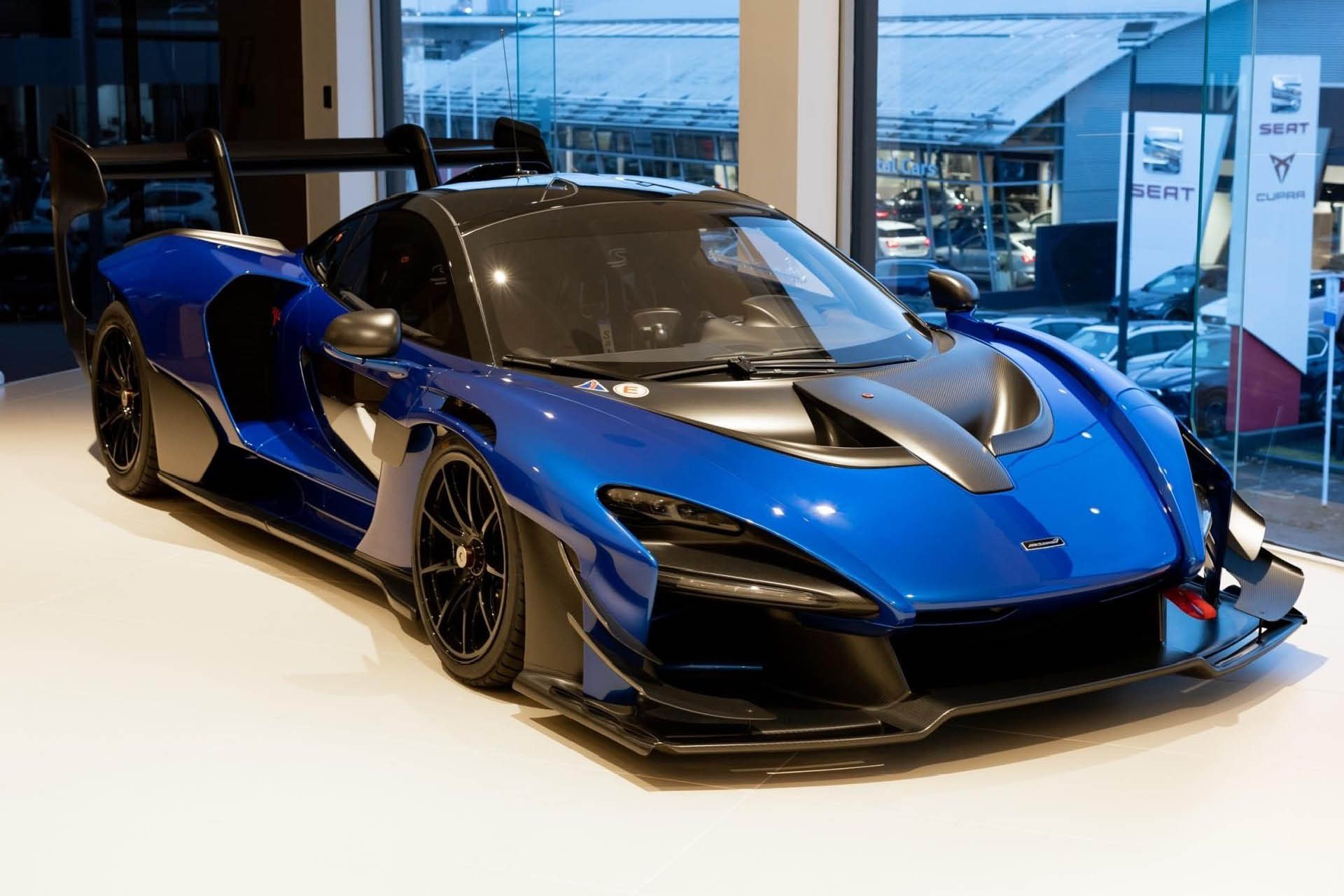
Prior to that, the Woking-based company was in the hands of the Bahraini investment outfit Mumtalakat. However, they have onsold McLaren’s automotive business to CYVN Holdings. The latter is managed by the Abu Dhabi Investment Authority. The deal was presided over by the Emirate’s crown prince.
It comes soon after McLaren posted a record annual loss of £924m in the 2023-2024 period, up from £349m in the previous year.
Mumtalakat will retain control of the McLaren racing brand, while CYVN will be a minority shareholder.
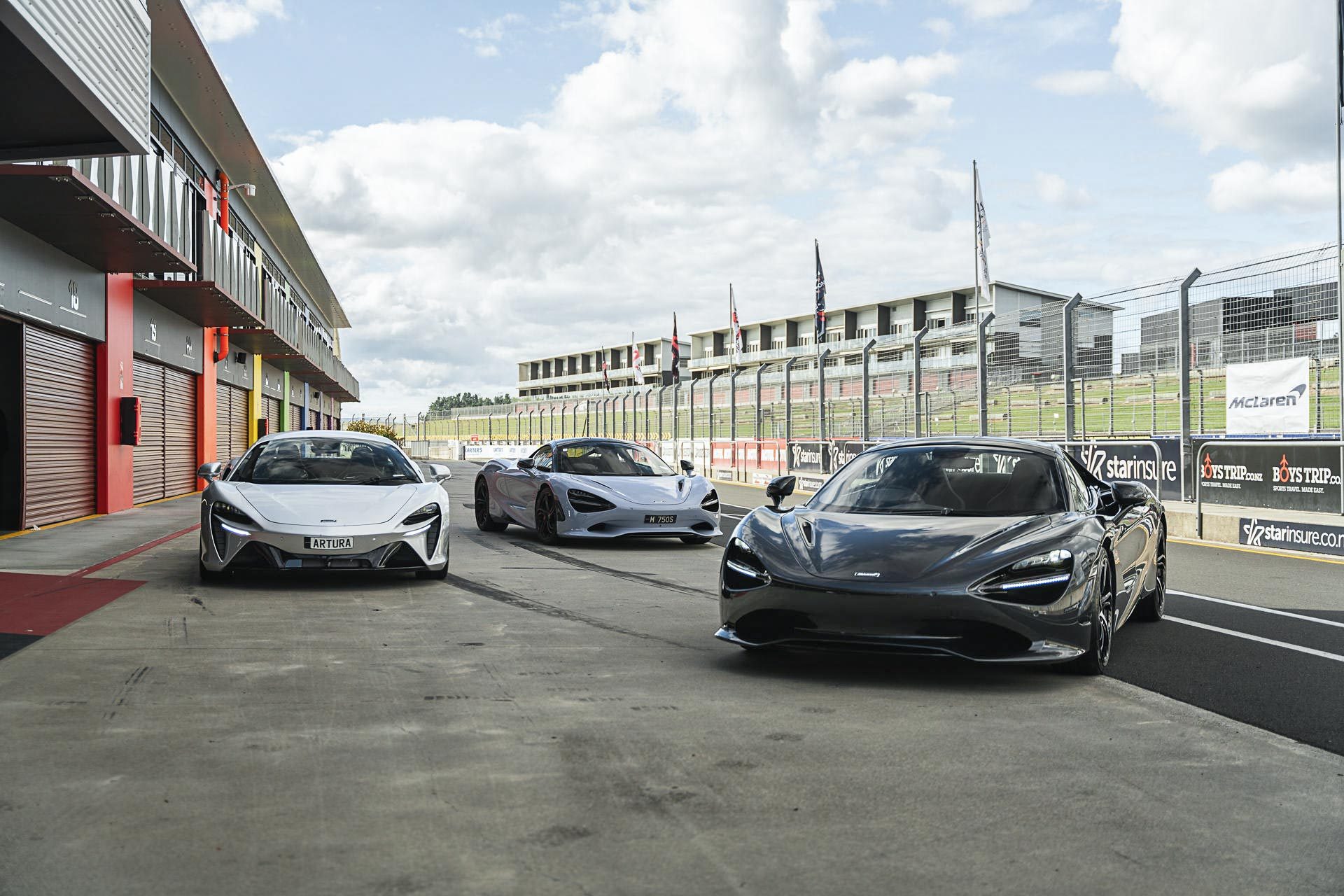
Abu Dhabi described the acquisition as “a defining moment in CYVN’s vision to build a leading, globally connected mobility platform”.
The business also owns shares in Chinese electric car giant Nio. It is part of the Emirate’s efforts to diversify away from oil and gas into new industries.
Shaikh Salman bin Khalifa Al Khalifa, the Bahraini finance minister and chairman of Mumtalakat, said “We are confident in CYVN’s ability to build on McLaren’s strong legacy and unlock its full potential…”
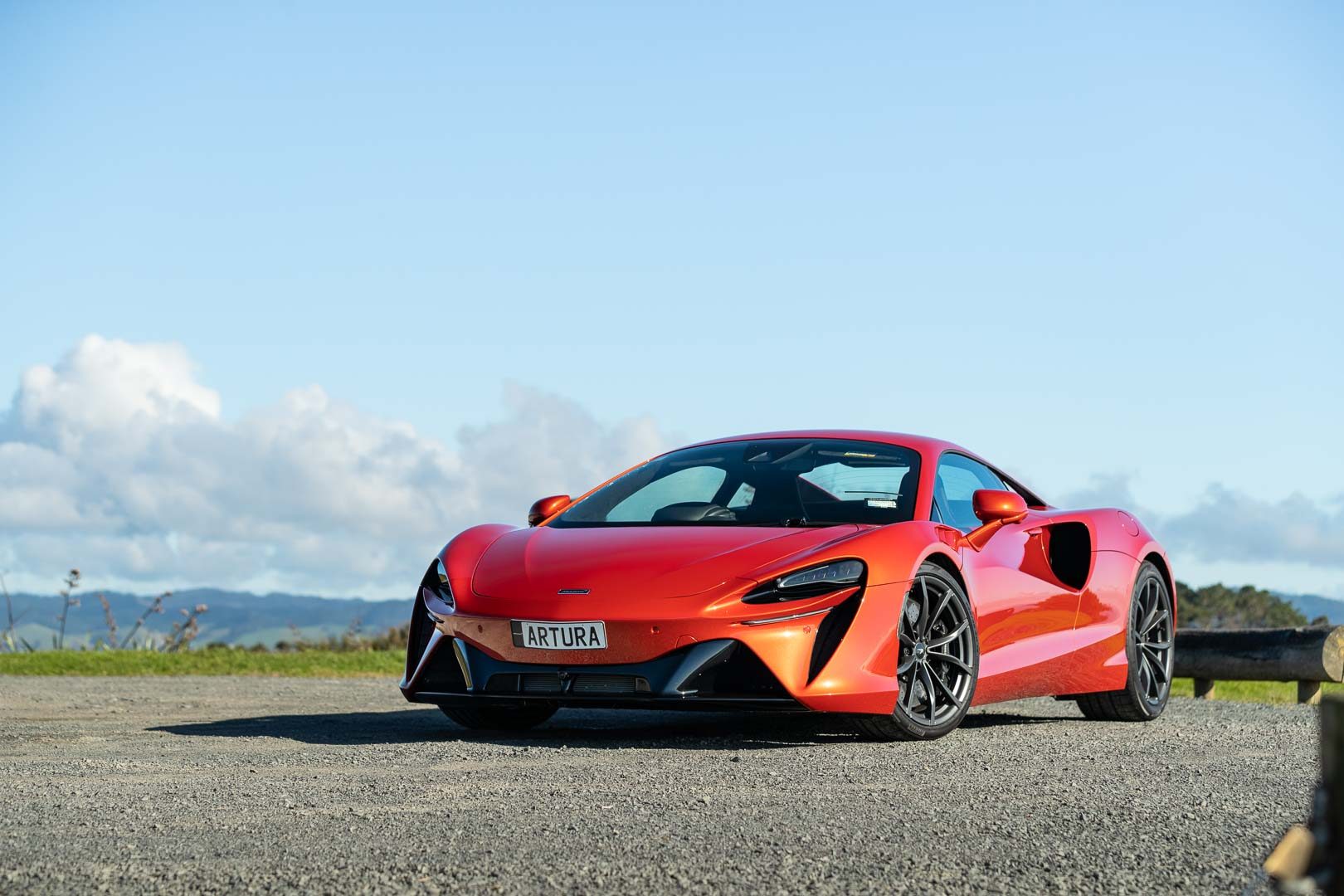
The agreement follows a difficult period for McLaren. It has meant Mumtalakat had to fund the carmaker to keep it viable.
Mumtalakat has owned a major stake in McLaren since 2007.
In 2020, the fund joined other shareholders to provide a £300m emergency cash infusion to help it navigate the Covid pandemic.
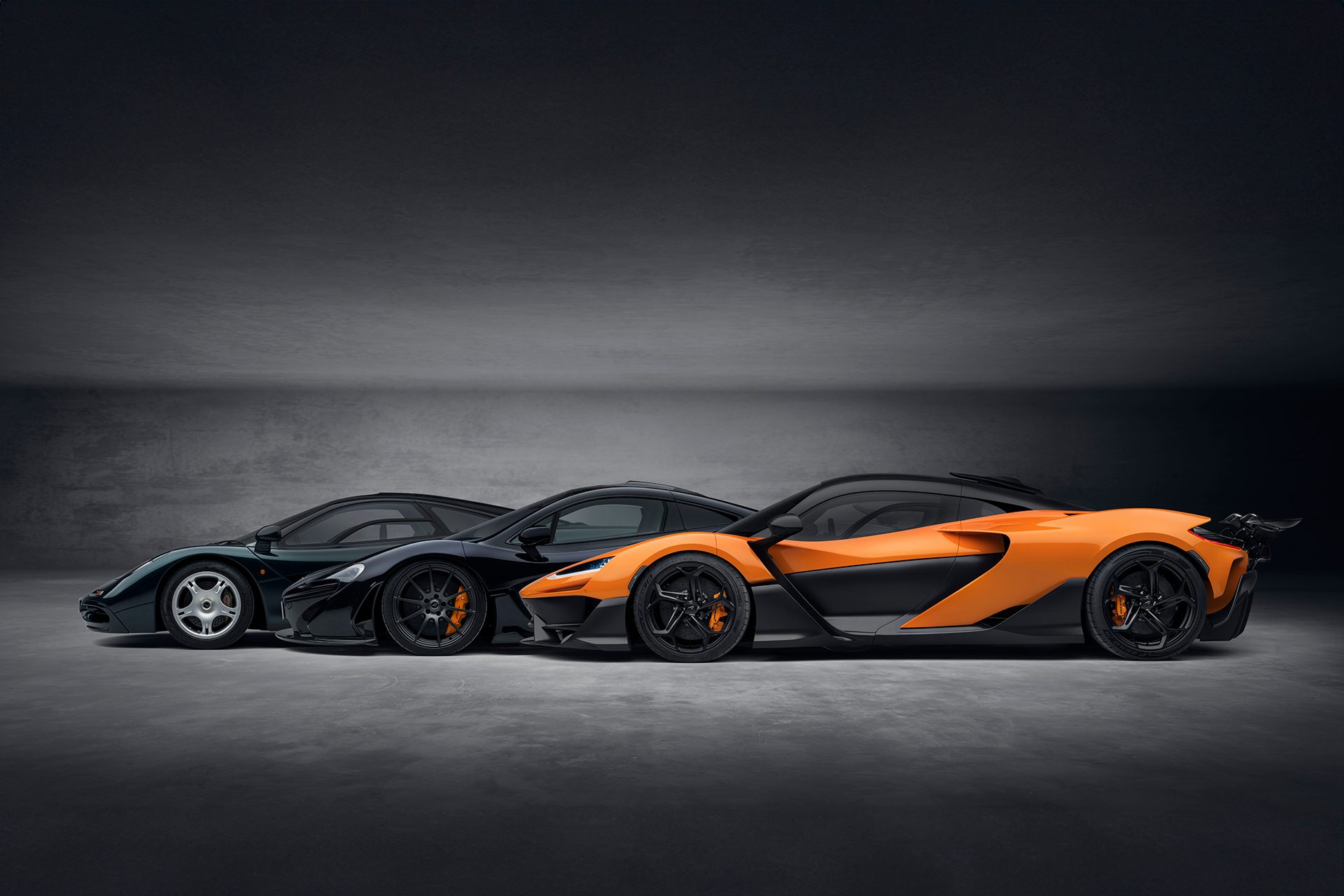
The following year another £1b came from a sale-and-leaseback of the company’s Woking headquarters. McLaren also sold off part of the company’s heritage car collection while the rest of the fundraising initiative came from Saudi Arabia’s sovereign wealth fund.
The Saudis then relinquished their share to Mumtalakat two years later, cementing the fund’s hold over the company.
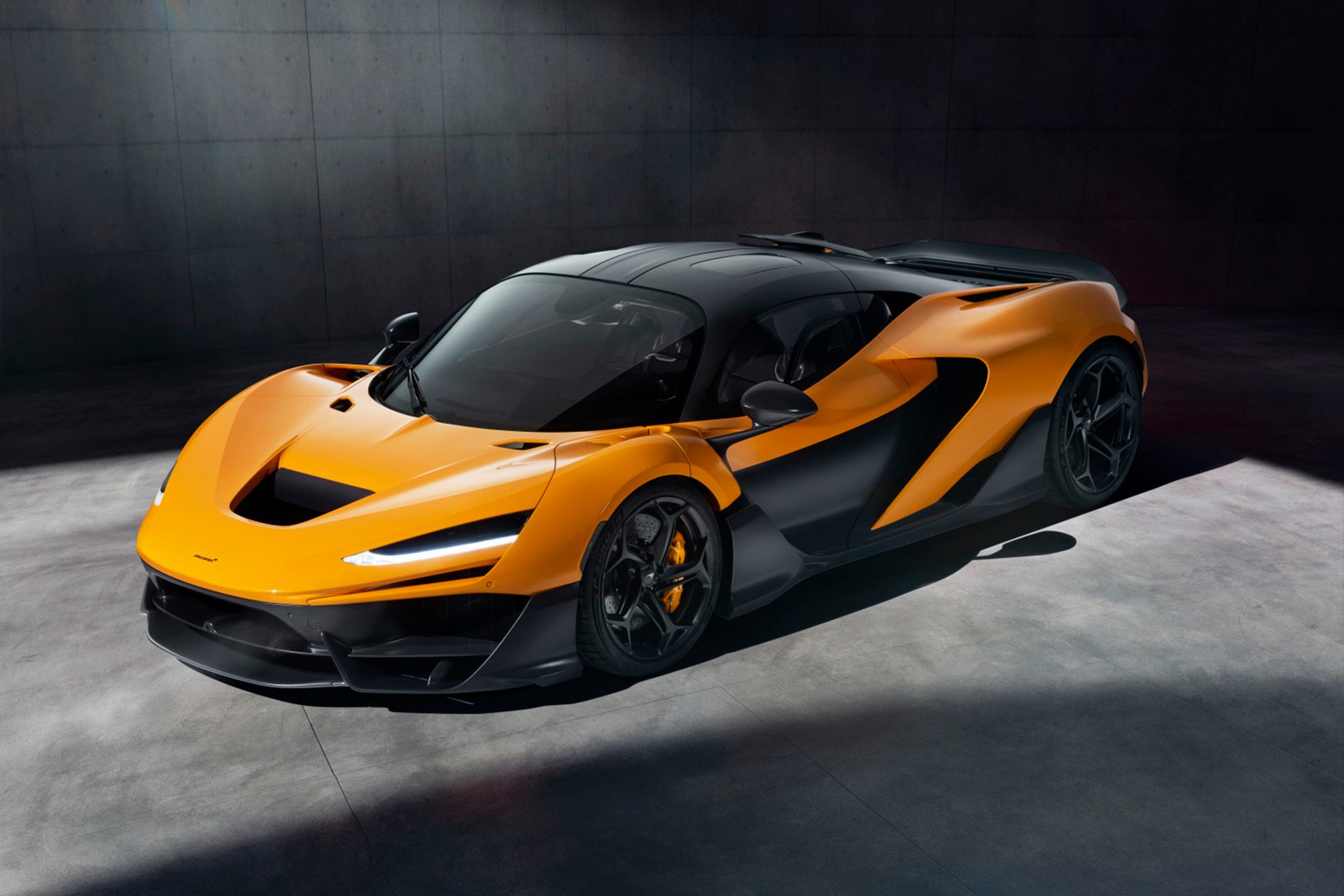
The Bahrainis subsequently sought an exit from the business when McLaren required further funds to develop an electrified line of cars.
The company’s annual losses ballooned recently after sales dropped six per cent in the latest financial year.
McLaren blamed supply chain issues that remained “challenging”, pushing up the prices of key components. It also had to institute “enhanced testing and quality control procedures” following issues with some cars.
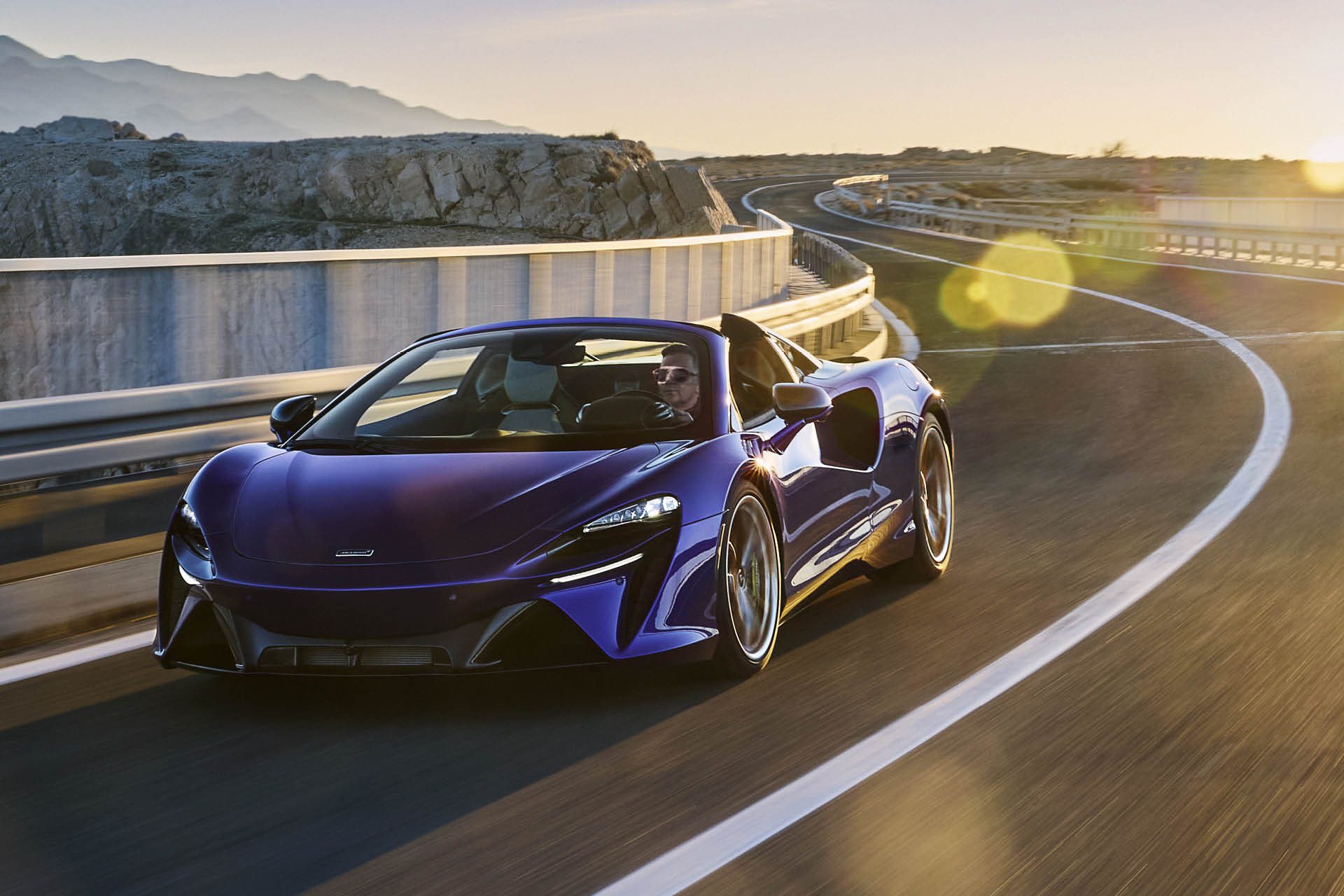
The mainstay vehicles in its portfolio were the hybrid Artura supercar and its first grand tourer, the GT.
McLaren’s racing business is no longer part of the group after a consortium of private investors took control of that in December 2020.


